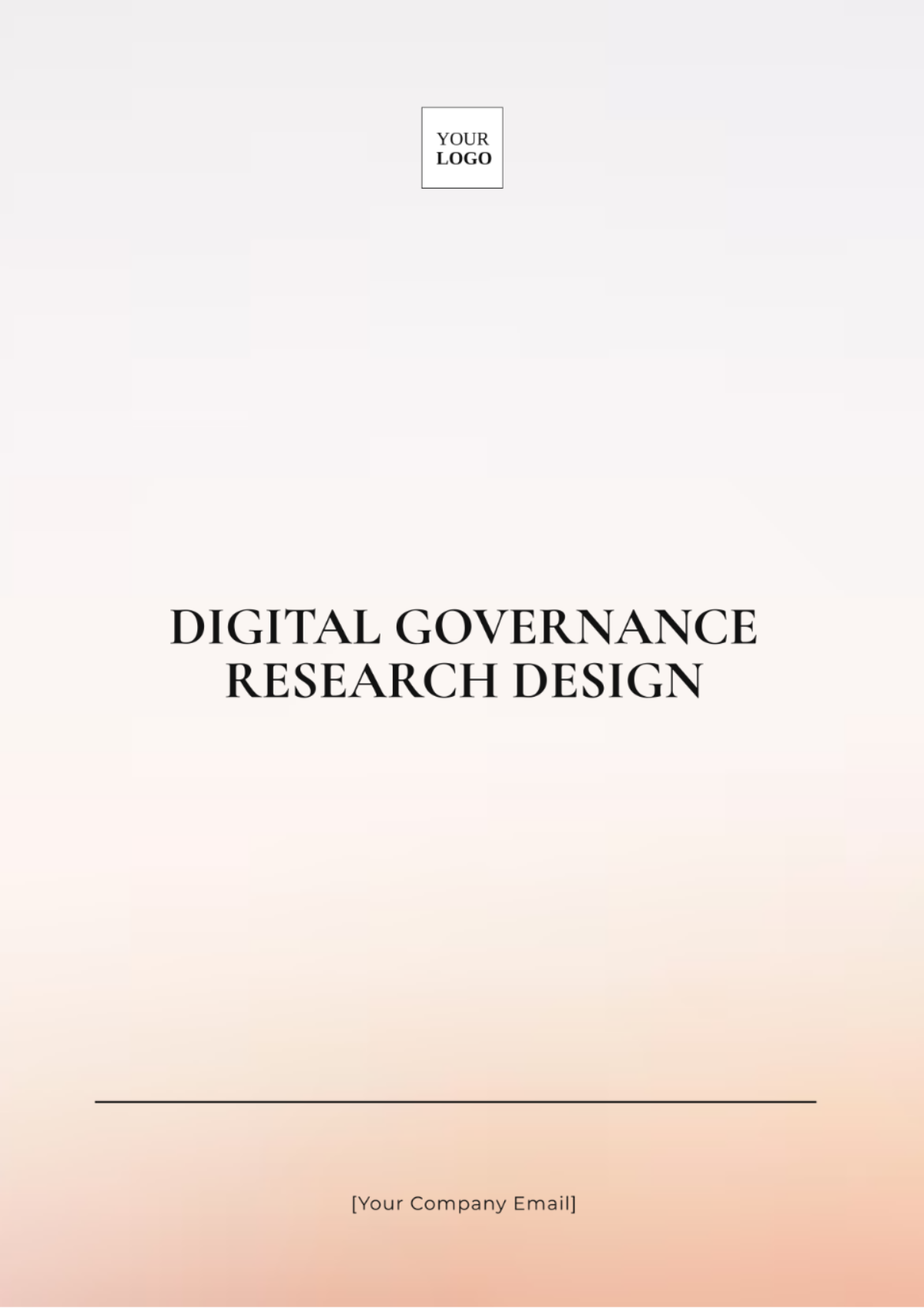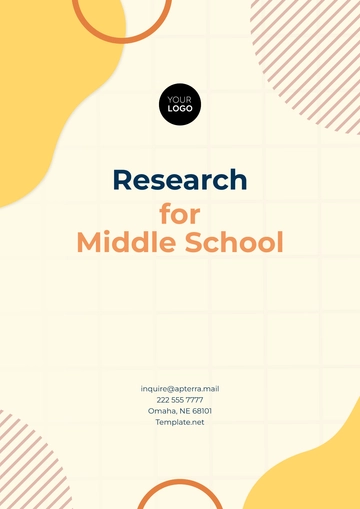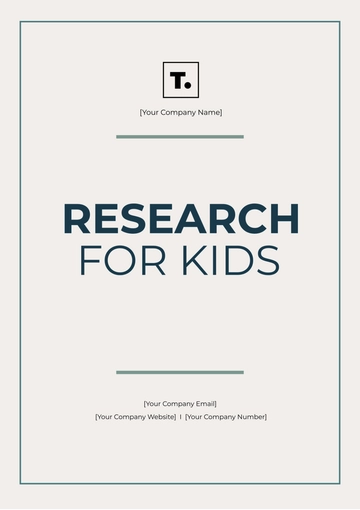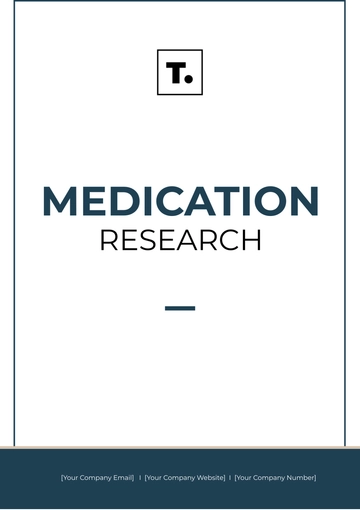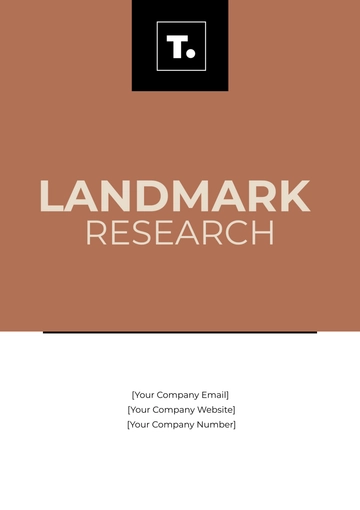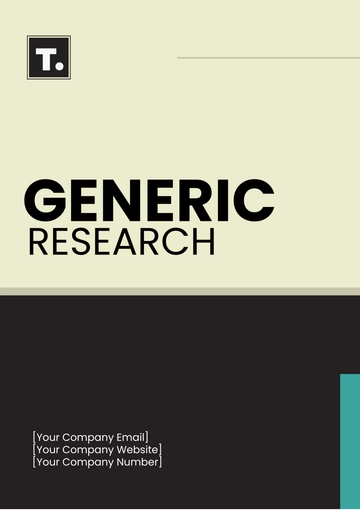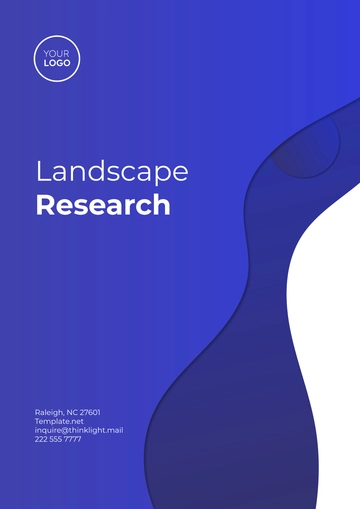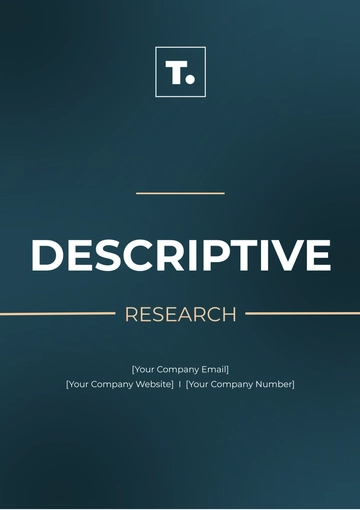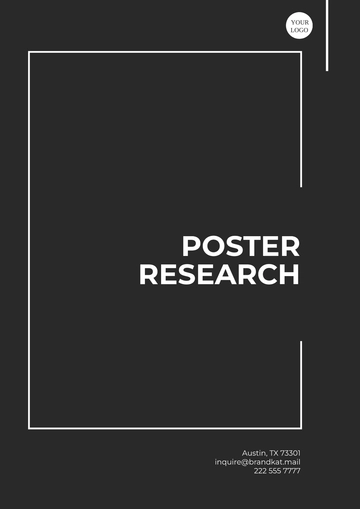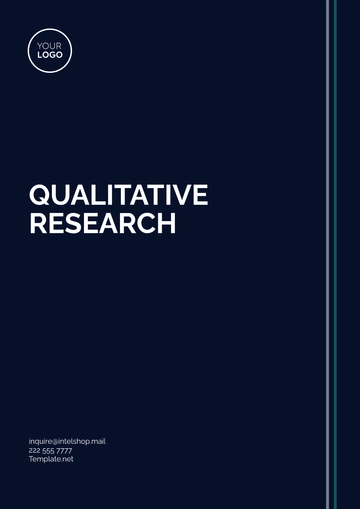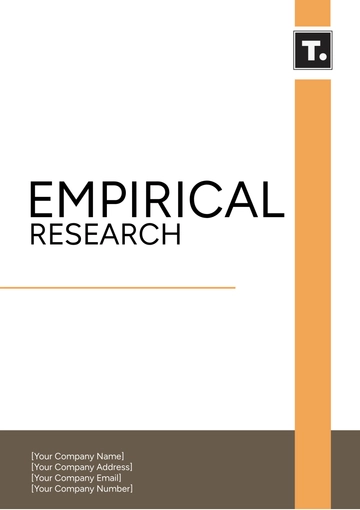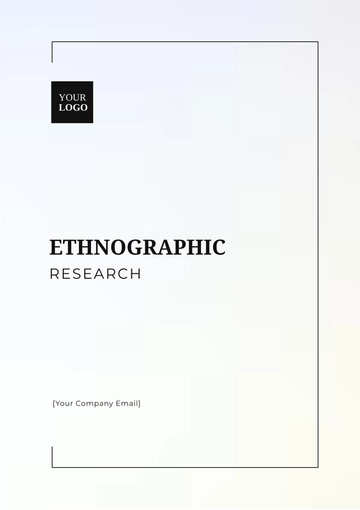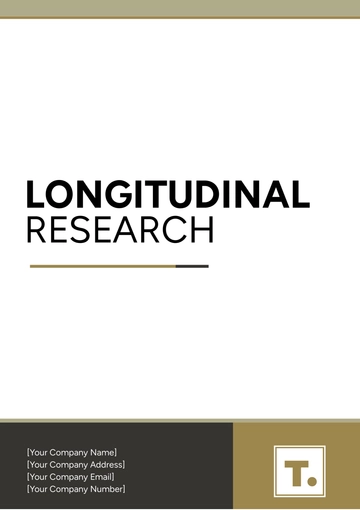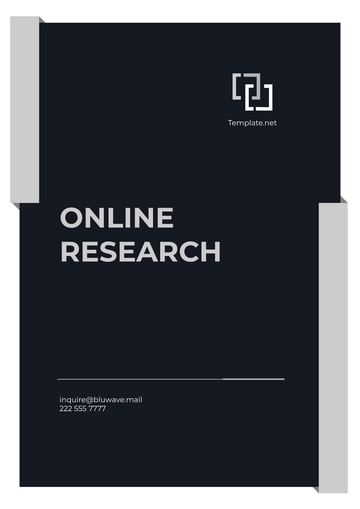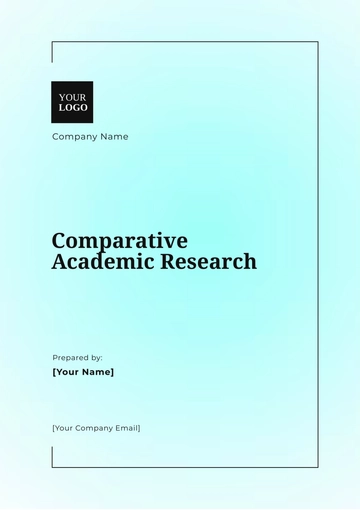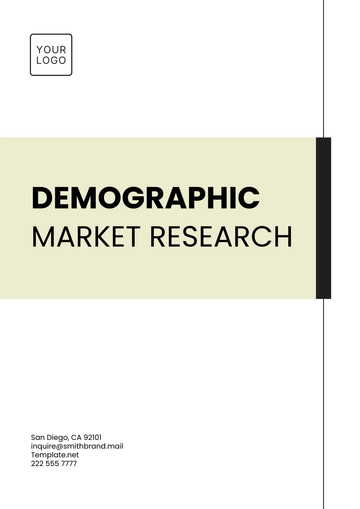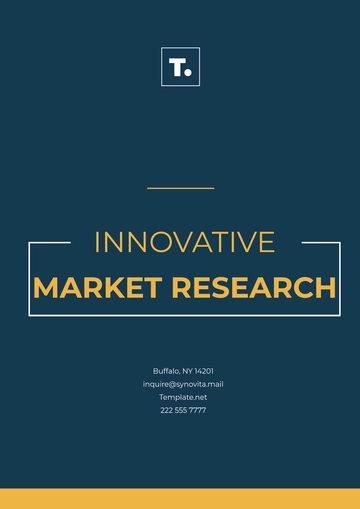Digital Governance Research Design
Prepared By: [YOUR NAME]
Date: [DATE]
I. Introduction
Digital governance refers to the frameworks and practices that guide how organizations and governments manage digital resources and technologies. With the rapid advancement of technology, the need for effective digital governance has become more critical than ever. This research aims to evaluate the effectiveness of current digital governance frameworks in municipal governments and propose strategies to enhance their practices. Specifically, the research will focus on the City of Avalon and its recent implementation of a new digital platform aimed at improving public service delivery and engagement.
II. Literature Review
Technology Adoption: Williams et al. (2052) highlight the importance of organizational culture in public sector technology adoption. This section examines factors influencing digital technology adoption in public governance, such as perceived ease of use, usefulness, and support for public servants.
Data Management and Security: Chen & Patel (2053) highlight the importance of securing digital data and providing best practices for encryption, access control, and data integrity in digital governance.
Stakeholder Participation: Engaging stakeholders is crucial for digital governance. This section explores the role of citizens and stakeholders, focusing on Garcia & Lin's (2050) call for transparent, participatory decision-making.
III. Research Questions/Hypotheses
A. Research Question
B. Hypotheses
IV. Methodology
A. Qualitative Methods
Interviews: We'll conduct 30 semi-structured interviews with policymakers, public servants, and citizens in Avalon, each lasting 45 minutes, to explore their views on digital governance.
Case Studies: The research will include a detailed analysis of three digital governance initiatives implemented by the City of Avalon, focusing on their design, implementation, and outcomes.
B. Quantitative Methods
Surveys: A survey of 500 Avalon citizens will assess their awareness, usage, and satisfaction with digital governance initiatives, using a Likert scale to measure perceptions of transparency, efficiency, and engagement.
V. Data Collection Plan
A. Primary Data Collection
B. Secondary Data Collection
VI. Analysis Plan
A. Qualitative Analysis
B. Quantitative Analysis
VII. Expected Outcomes
Recommendations for Improvement: Specific strategies and recommendations for enhancing digital governance practices, focusing on transparency, efficiency, and citizen engagement.
VIII. Timeline and Budget
A. Timeline
Month | Activities | Details |
|---|
1-2 | Conduct a literature review and develop research instruments | |
3-4 | Collect data through interviews, surveys, and case studies | Interviews: Conduct semi-structured interviews with stakeholders. Surveys: Distribute and collect surveys from citizens. Case Studies: Document and analyze case studies on digital governance.
|
5-6 | Analyze data and interpret results | |
7-8 | Prepare the final report and present findings to stakeholders | Report Preparation: Compile and write the final report summarizing research findings and recommendations. Presentation: Present findings to stakeholders, including policymakers and public servants.
|
B. Budget
Personnel Costs: $15,000 (Research assistants, data analysts, interviewers)
Data Collection: $3,000 (Survey distribution, transcription services)
Materials and Software: $5,000 (Printing, software licenses for data analysis)
Miscellaneous: $2,000 (Travel expenses for interviews and case studies)
Research Templates @ Template.net
